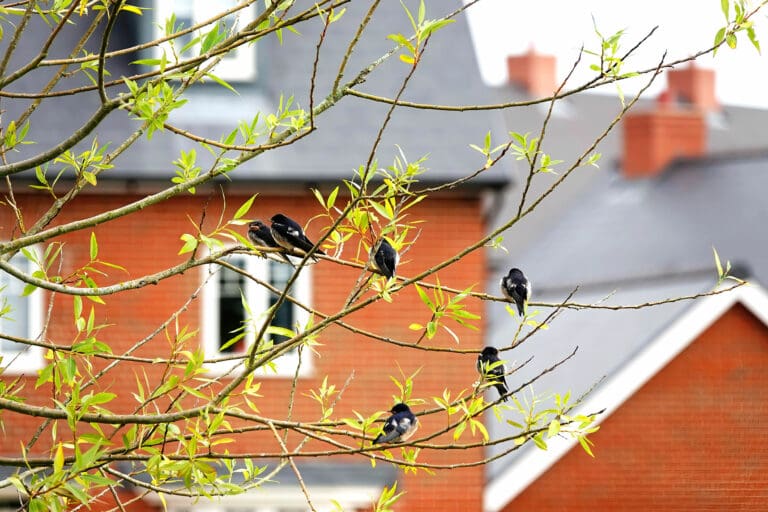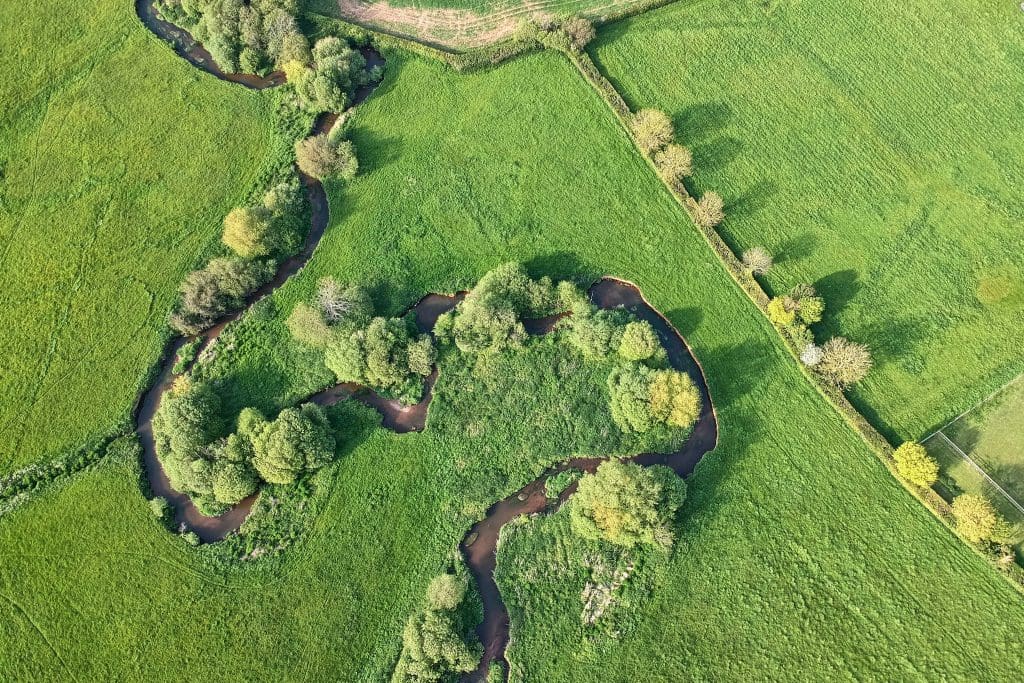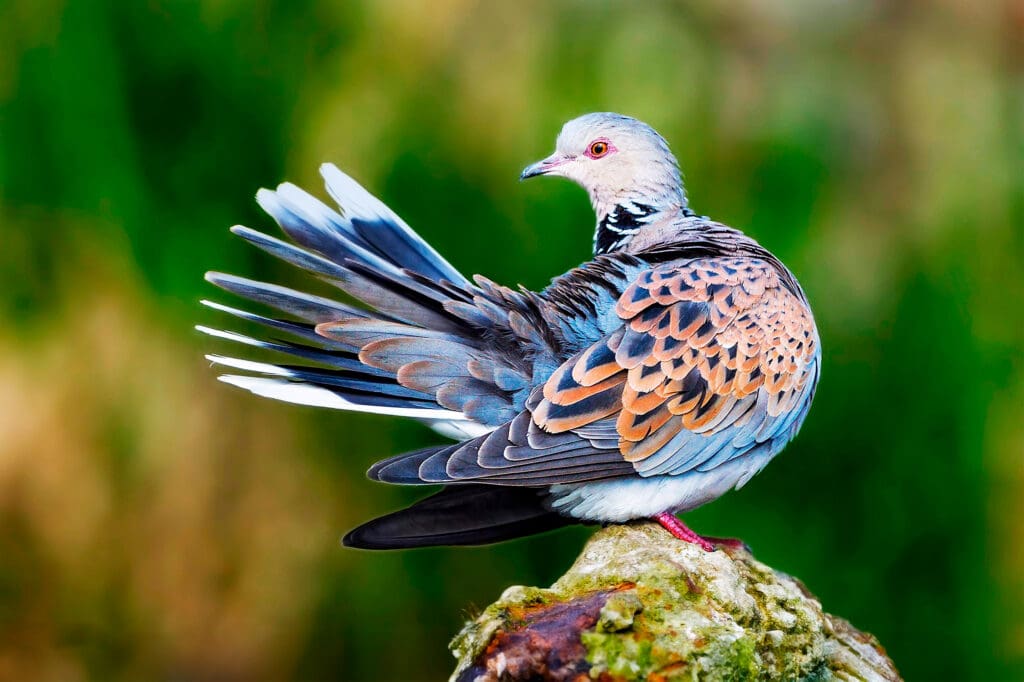Why should we think about biodiversity in vineyards?
Agriculture is a leading driver of biodiversity loss, and in the UK, viticulture is the fastest-evolving agricultural sector, enabled by increasing summer temperatures. Unsustainable growth of the industry could become another threat to British wildlife.
How can English vineyards support biodiversity?
Our research found that reducing agrochemical use and promoting ground vegetation cover by reducing mowing or by sowing wildflowers can boost populations of birds and arthropods (such as beetles and spiders). The win-win is to stop using herbicides, which reduce ground vegetation and increase environmental toxicity in vineyards.
Can we enjoy a glass of British wine whilst caring for nature?
Vineyards can be managed in nature-friendly ways, and schemes such as the RSPB’s Fair to Nature work with producers to maintain and restore the balance of nature in farming and deliver biodiversity benefits. The scheme’s standard is backed up by science like our own, and consumers can make informed choices by looking out for their logo on certified products.

Take a stand for nature
If you’re concerned about the breakdown of a green space near you or a local planning proposal that will impact nature, familiarise yourself with the planning systems and wildlife laws in your region to see how you can speak up for nature.

Barn Swallows. Photo: Gary Daggers
You might also like

Comment: Working together for nature

Upskilling farmers



